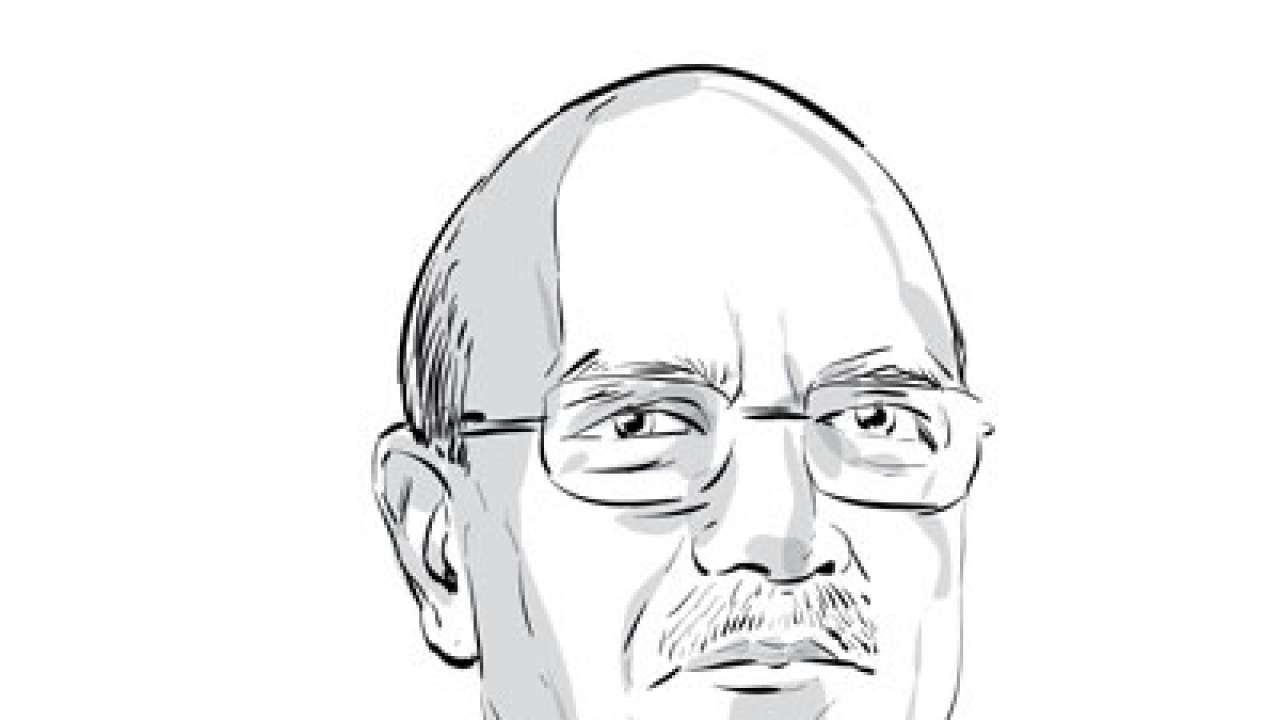
What are some of the key issues in respect to oil and gas sector that you would like the finance minister to address in upcoming budget?
Diesel price deregulation is on top of our wish list. In early June, the gap between retail and market prices had narrowed to under Rs 2/litre (which since then has again increased due to flare up of crude oil prices). Besides reducing the subsidy burden by a significant amount, diesel deregulation will lead to level playing field between the private and public OMCs, resulting in increased competition, which will ultimately benefit consumers.
In order to optimise crude and products transport and distribution cost, government should formulate an infrastructure sharing policy framework so that duplicating of transportation and storage infrastructure is avoided. This will ultimately help in reducing the prices to the end customer.
Another key issue is gas pricing. Today, while we are importing gas at $16-$18 per mmBtu, it can be produced domestically at less than $8 per mmBtu and supplied around that price. Government should remove the confusion in policies related to cost recovery, profit sharing, and the pricing of gas. Government should take a clear stand on all issues concerning the sector on a long-term basis to encourage investment in the sector.
What kind of tax reforms you wish to have in the budget for the oil and gas sector?
Primary amongst them is phasing out of CST (Central Sales Tax). While CST was to be brought down to nil in a phased manner till March 31, 2010, it still stands at 2%. We want the government to reduce CST to nil as domestic products become costlier than imports.
A 7 years tax holiday is currently available only to blocks assigned in NELP-VIII and CBM round IV. Our recommendation is that this benefit should be made available to all mineral oil and natural gas blocks.
The government should rationalise excise duty on branded fuel and should be made at par with unbranded products, encouraging sales of branded products and boosting energy efficiency.
To undertake E&P activities, operators need to import various goods, and accordingly the existing list of exempt goods should be suitably amended to include all goods required for carrying out petroleum operations.
Current tax regime does not provide any incentive for future investments in the refinery sector. What should the government do to in this front?
Government should encourage new investments in the refinery sector by granting tax holiday benefits as refineries bring large investments, growth in export/forex earnings, and provides energy security in addition to being large employment generators. Further, the custom duty on import of machinery for greenfield/brownfield refinery expansion should be made nil to enable their competitive edge.
Government is preparing new uniform licensing policy (ULP) to replace existing NELP any suggestions for that?
Instead of individual ULP block being offered as either an oil & gas (O&G) or a Coal Bed Methane (CBM) (and possibly shale gas) priority, acreages should be offered indicating possible potential for each (O&G and CBM/ Shale), letting the bidders decide their priorities. CBM and Shale gas should be clubbed to a single unconventional license type.
In case of CBM – since it requires a very high front-end investment and massive surface facilities, industry has been demanding reverse benefits by adjustment of investments from royalty/taxes payable by suitable deductions over the initial 10 year production life. As CBM has low production volumes, we have suggested a sliding scale production based royalty – i.e. royalty rate increasing/decreasing with increase/decrease in production volumes.